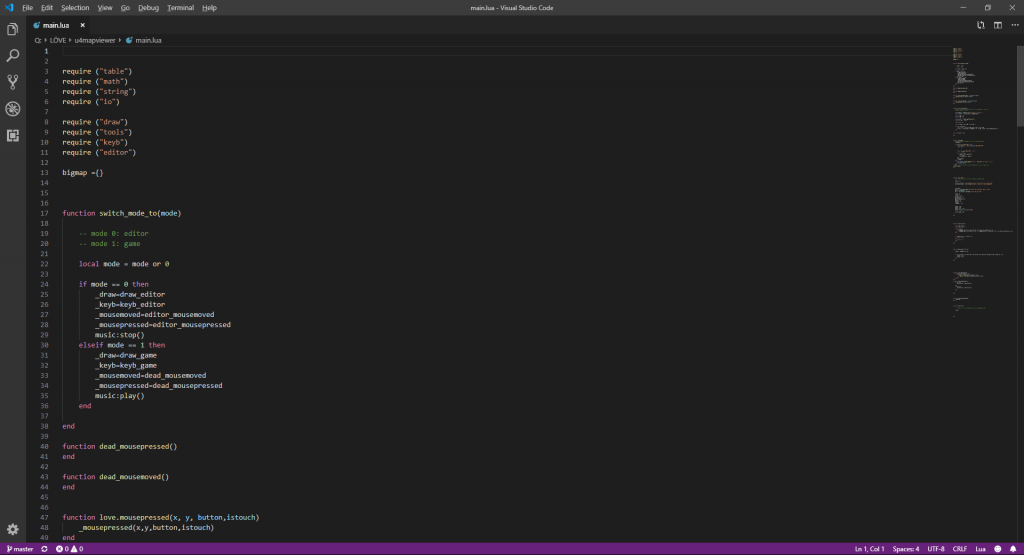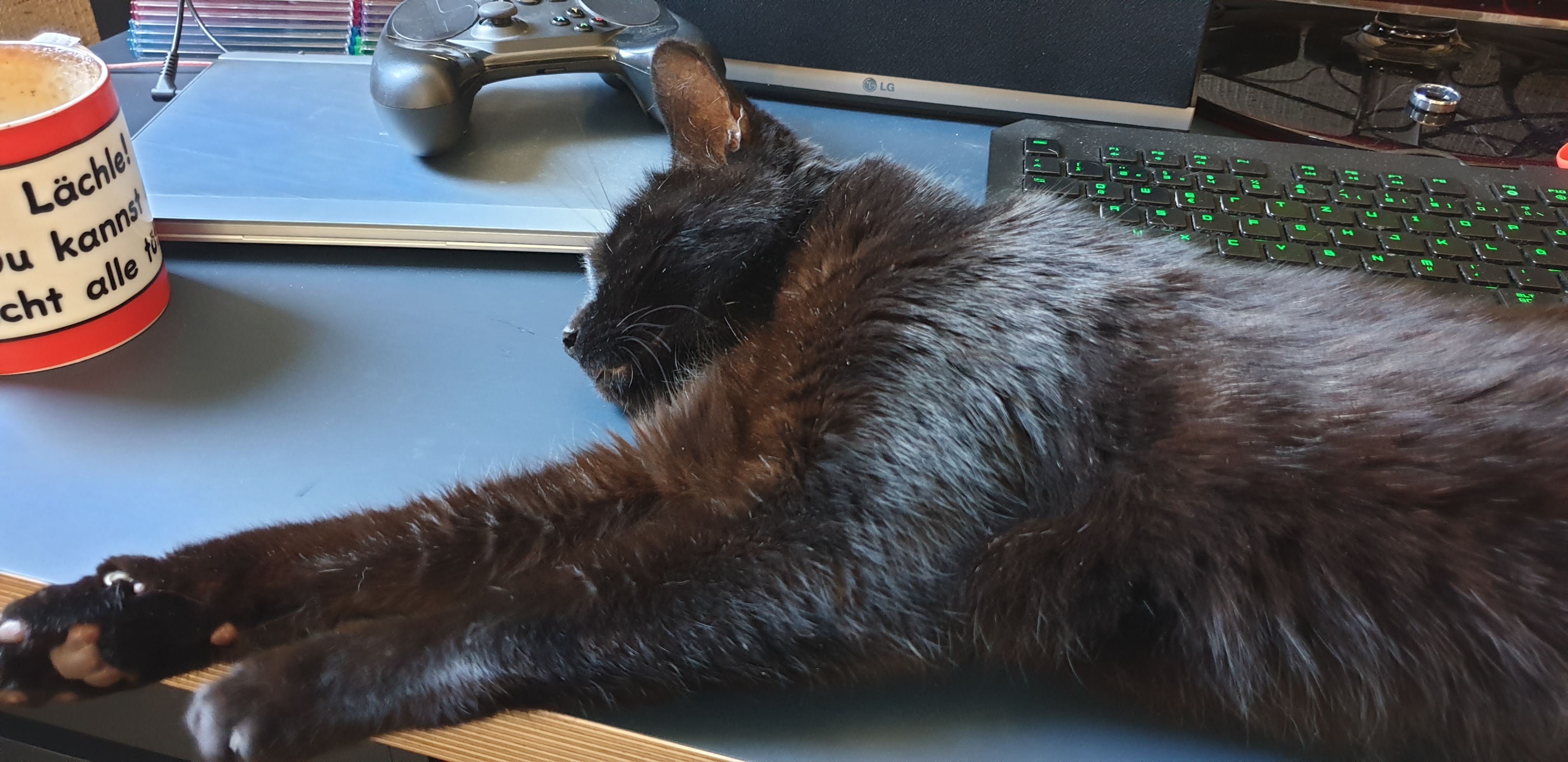Things have been a bit quiet here at Stargazer’s World. Luckily Peter has carried the torch while I was busy doing other things. So what have I been up to? The last two weeks I have been enjoying my long-awaited and well-deserved vacation. Instead of visiting foreign lands I stayed at home (as usual) and worked on some of my hobbies. Initially I planned to work on a homebrew world for an upcoming BECMI game, but I just wasn’t in the mood.

Instead I used the first week to play video games a lot. One of the games I played for hours was Pathfinder Kingmaker, which I can wholeheartedly recommend to anyone even remotely interested in CRPGs. It’s very, very good and the amount of content is staggering. The tactical combats are pretty tough, but luckily there’s a “Story” difficulty level which moves the focus away from combats, so that you can divide your attention to both the story and ruling your kingdom. The latter aspect of the game is actually pretty involved. Aside from making important decisions which shape the future of your realm, you also get to decide where new settlements are founded and what will be built there.

Graphically it’s not as pretty as some of those fancy modern first-person shooters, but if you’re an old-school CRPG fan like me, you don’t mind. It looks great and it plays even better. In my opinion it is the gameplay that counts in the end. Kingmaker doesn’t disappoint in that regard.
In week two I finally got back into coding. As I’ve mentioned before, programming has always been a hobby for me, but unfortunately it has fallen by the wayside for a long time. My main problem aside from real programming experience is the fact that motivating myself often becomes a real problem. Writing code can be pretty frustrating especially if you’re still learning the programming language and framework you’re using. My depressions are mostly in check, but from time they still rear their ugly head.

Luckily both LUA and the LÖVE framework are pretty easy to get into and there are countless tutorials on the internet. It also helps that there’s Pico-8, Lexaloffle’s 8-bit fantasy console. Pico-8 is extremely popular and also uses LUA, so that many things you learn while following Pico-8 tutorials can also be applied to programming with LÖVE. The tough part was to find a project which was both not too advanced, but also interesting enough.
Since I had already written a map viewer for the old-school computer RPG Ultima V, I decided to basically do the same for Ultima IV – Quest of the Avatar. Since a map viewer is only interesting for a short time, I tried to add editor functionality. Eventually my little program allows users to not only view the map, but also to change map tiles.

But my dream has always been to write my own game similar to the old entries in the Ultima series, so I started turning the editor into a game. This allowed me to reuse some of the functions I’ve already written, but also might come in handy during development, when I can switch between game and map editor with a simple press of a button.
Of course this is far from a working game. And if you’re followed my other blogs over the years you might have noticed that I have actually written something very similar using LÖVE last year. But I think that this time I have already achieved much more and I learned a lot during this week. Unfortunately I have to return to work next week which means I’ll have much less time to work on my hobby projects. UPDATE: You can check out my work on GitHub. Please note that you need a copy of WORLD.MAP from Ultima IV to use the editor.
Last but not least let’s talk about some pen & paper roleplaying game-related stuff. Recently Modiphius provided me with a review copy of the official Elite Dangerous Roleplaying Game. I still have to read it thoroughly but my first impression has been quite positive. What I am wondering about is how they tackled the common problems in games in which each player is supposed to have their own spaceship. The Elite universe is also by design huge and quite detailed. The game contains about 400 billion star systems, some of which are based on real scientific data, while the others are procedurally generated. A Traveller-style solar system generator is definitely a must. As soon as I had the time to give the game a closer look, I’ll share my thoughts with you. Until then, take care!

